
Get news, updates, & event Info delivered right to your inbox:
Forest Facts for Kids
Talking with kids about topics like deforestation and biodiversity loss can be challenging, but it's an important conversation to have. After all, if future generations are going to stand up for the Earth, it's vital for children to learn the importance of trees and forests, the role they play in shaping the environment, and the impact of deforestation on our lives.
To help you get the conversation started, we put together some interesting forest facts to share with the kids in your life! And if you're looking for even more kid-friendly and teacher-friendly resources about forests, check out our T.R.E.E.S. School Program.
9 Forest Facts for Kids
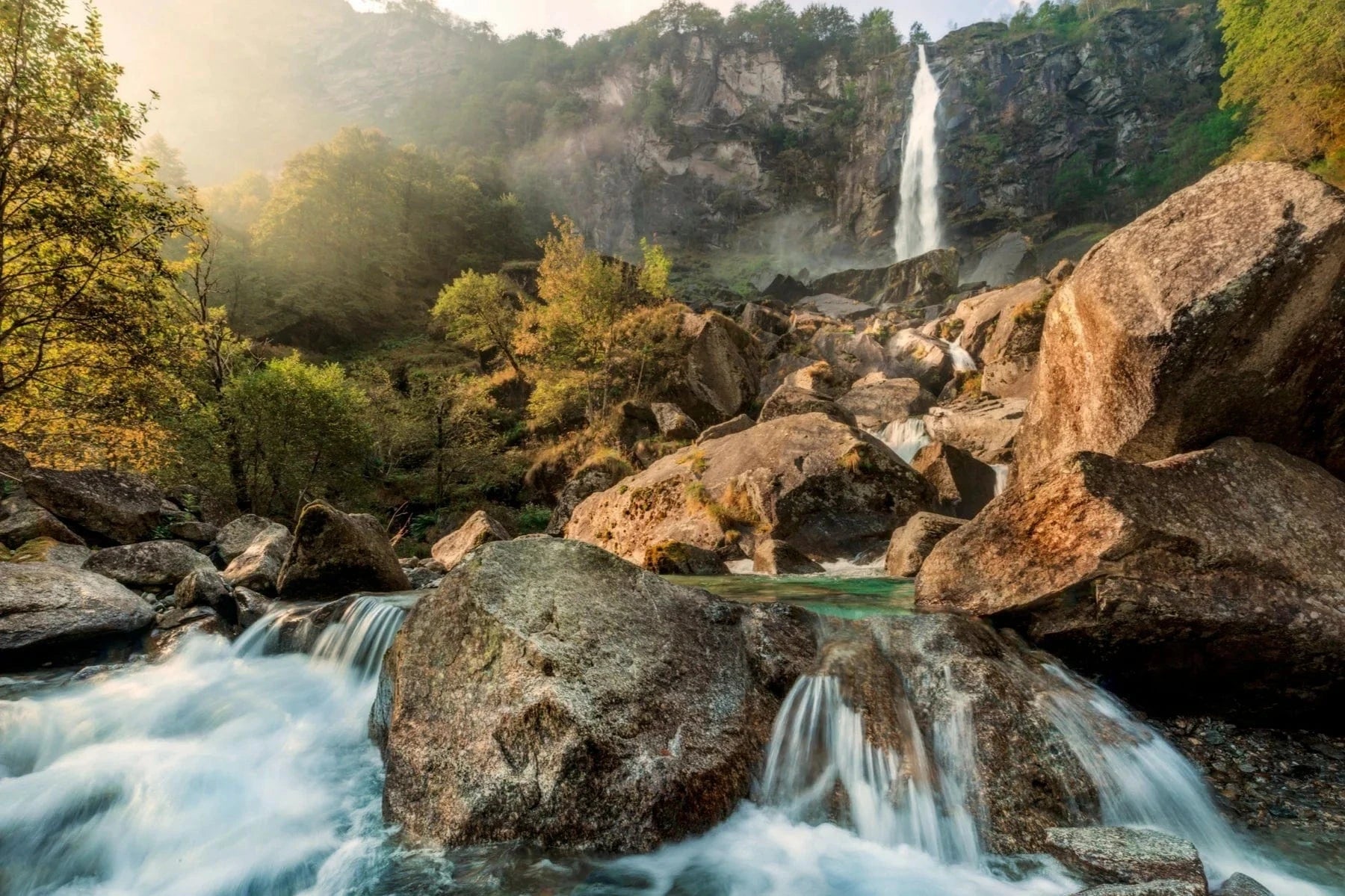
1. Forests Are More Than A Collection Of Trees
OK, so what exactly is a forest? According to Britannica, "a forest is a complex ecological system in which trees are the dominant life-form." There's more to forests than trees, though! Forests can be home to everything from small worms in the soil to lumbering bears who feast on wild berries to birds that fill the air with their bright songs. The more animals the better: it is a good sign when a forest has healthy biodiversity (the variety of all living things and their interactions).
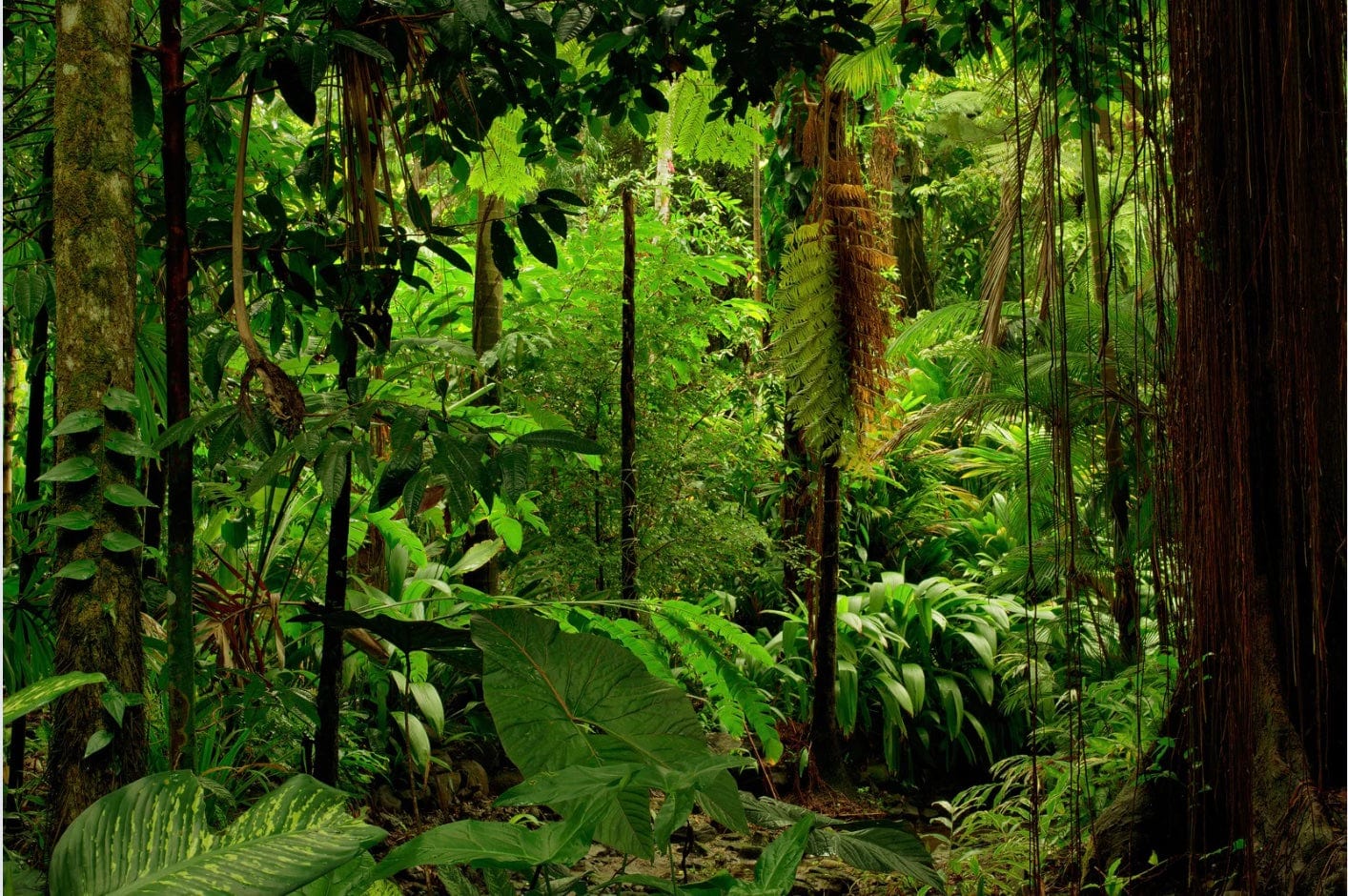
2. There Are 3 General Types of Forests
While all forests are dominated by trees, the Amazon Rainforest and the Russian Taiga look very different. As a rule of thumb, there are three general types of forests in the world: tropical forests, temperate forests and boreal forests. Temperate rainforests grow across eastern North America and the continent of Eurasia. Tropical forests occur near the equator, in places like Southeast Asia, sub-Saharan Africa, and Central America. Boreal forests form a massive "belt" around the world's northern hemisphere, covering much of Siberia, Scandinavia, and northern North America.
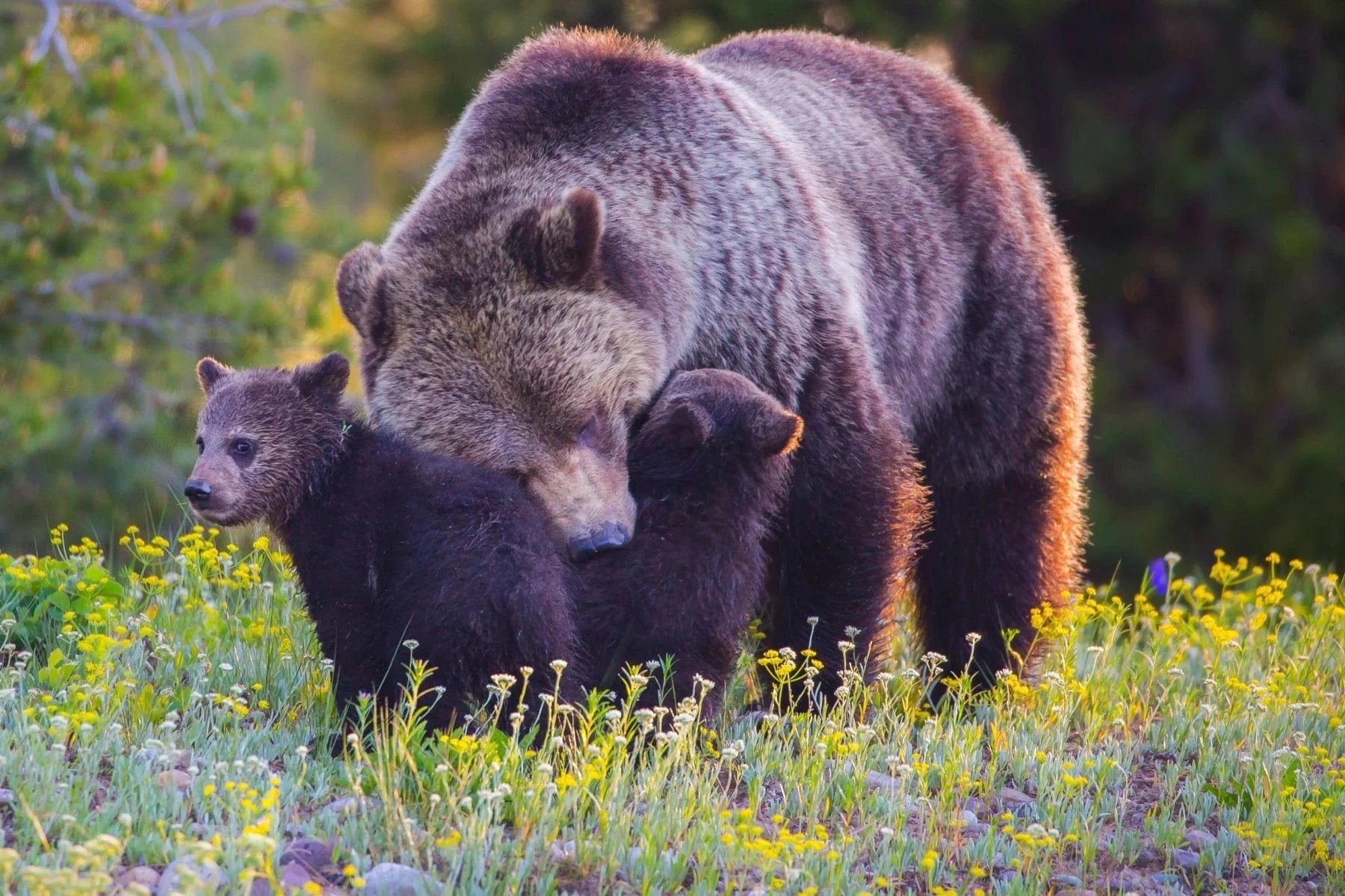
3. They're Home to Over 80% of Biodiversity Living on Land
Everything that lives in a forest is part of its ecosystem, and the amount of biodiversity found in these ecosystems is truly astounding. In fact, more than 80% of the plants, animals and insects living on land can be found in the world's forests! This includes approximately 60,000 tree species, 80% of amphibian species, 75% of bird species, and 68% of mammal species. The world's biodiversity needs our help protecting its home.
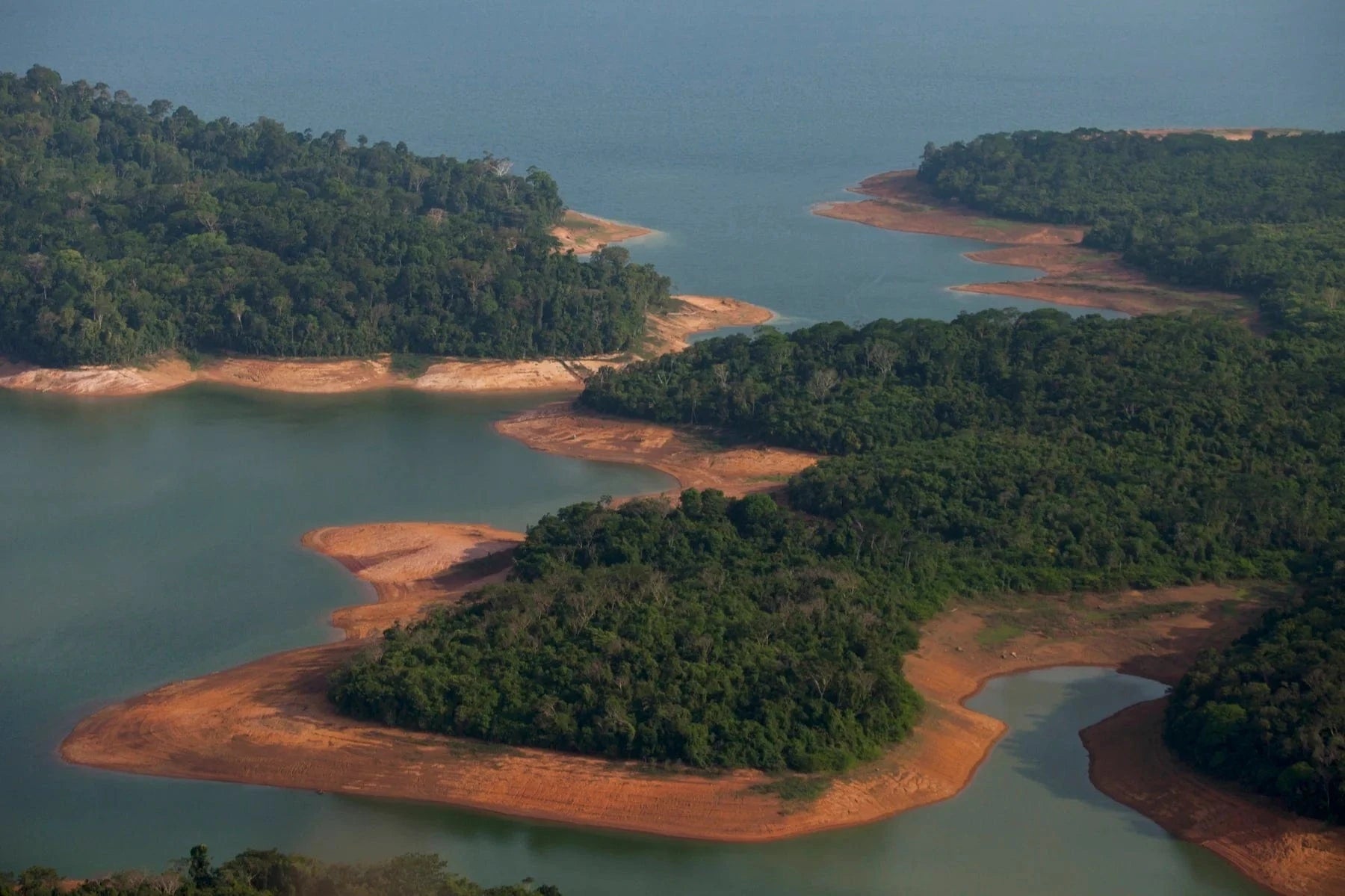
4. Today, They Only Cover About 31% of The Global Land Area
10,000 years ago, long before human civilizations began cutting down forests to build cities and create farmland, forests covered about 57% of the habitable land on Earth. Despite how important they are, trees continue to be chopped down at an alarming rate, causing many to worry about the state of the world's forests now and in the future.
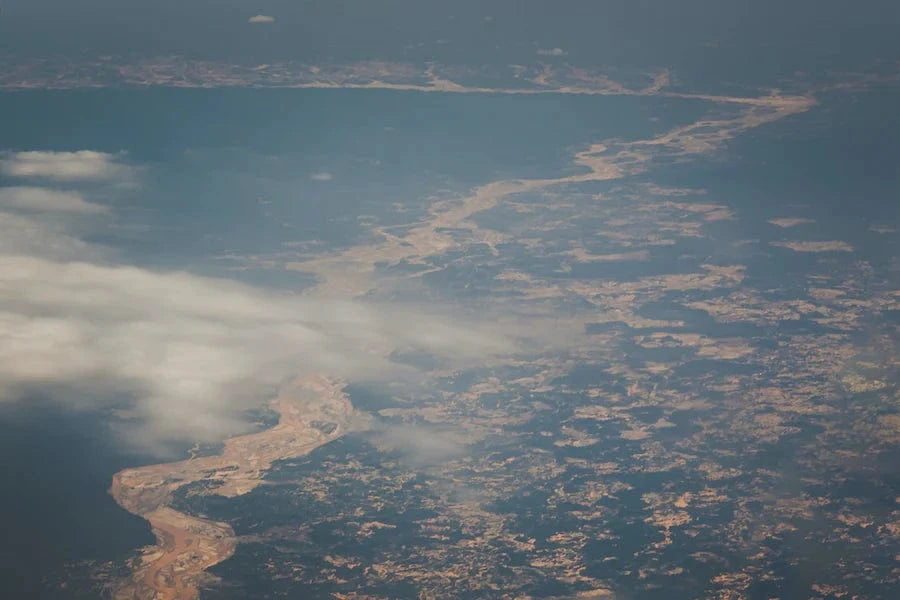
5. The 5 Main Causes OF Deforestation Are Agriculture, Timber Logging, Mining, Urbanization, and Climate Change
Forests get cleared for many reasons, but some of the biggest ones relate to feeding and housing the world's growing population. Trees are cut so farmers can grow more food and raise livestock like cows, pigs, and sheep. They're also logged to provide lumber for building houses, and for making familiar items like the table you eat your dinner at and the paper and pencil you use to take notes. The good news is that there are ways to meet our needs and tread more lightly on the Earth.
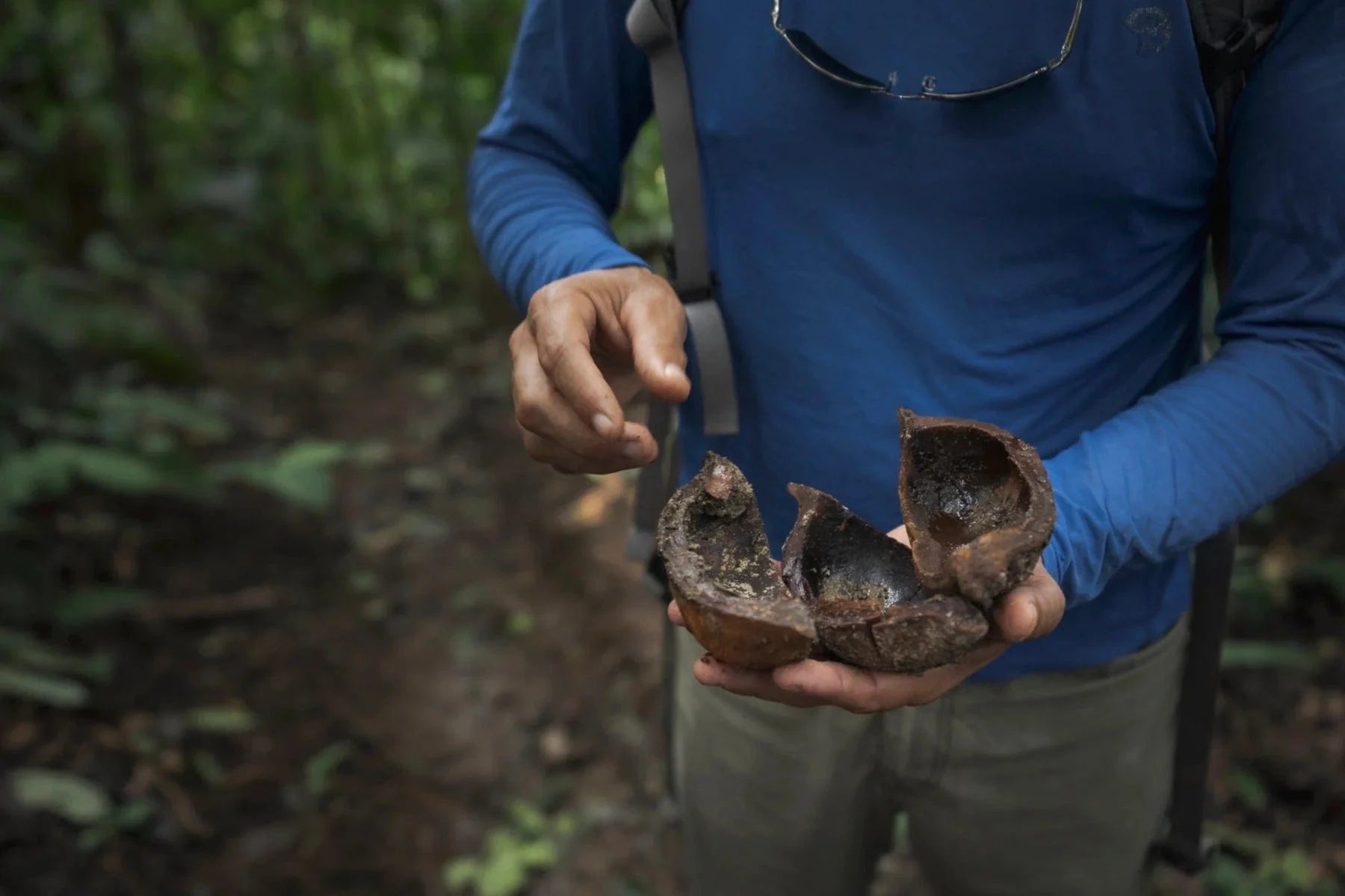
6. 1.6 billion People Depend on Forests to Secure the Basic Necessities
What do paper, cinnamon, lumber, maple syrup, rubber and medicine have in common? They all come from trees! That's because trees come in all shapes and sizes and many tree species provide important resources for humans. Even if you don't live near a forest, trees still touch your life. As put by the United Nations Department of Economic and Social Affairs, "Over 1.6 billion people depend on forests for timber, food, fuel, jobs, and shelter, but all of us depend on forests in one way or the other."
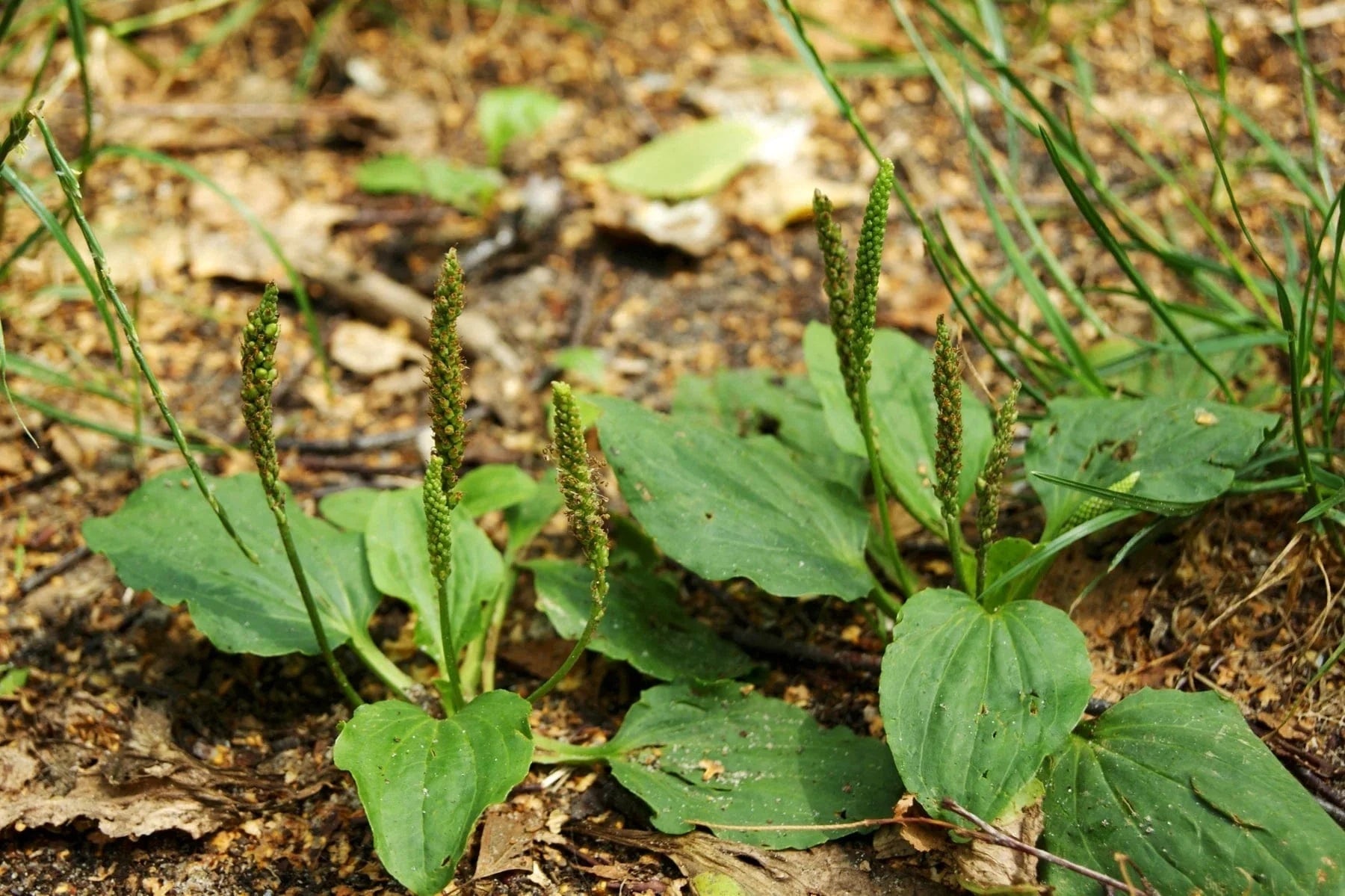
7. 25% of drugs used in modern medicine are derived from rainforest plants
But that's just a fraction of the natural medicine that grows in the forest. From roots pushing deep underground to wood mushrooms growing out of tree trunks high up above, forests are filled with medicine that can help with many of the things that ail humankind. Trained herbalists, indigenous healers, and others who live in close connection to the forest know what plants can stop bleeding, ease a headache, draw out a bee sting, disinfect wounds and more!

8. Forests Make the Planet a Healthier Place to Live
From clean water to clean air and proven health benefits, forests are crucial for the planet and for our well-being. That's because trees use their leaves to filter tiny particulate air pollutants, absorb and then gradually release rainwater, produce powerful chemicals and positive ions that help us release stress and anxiety, and so much more.
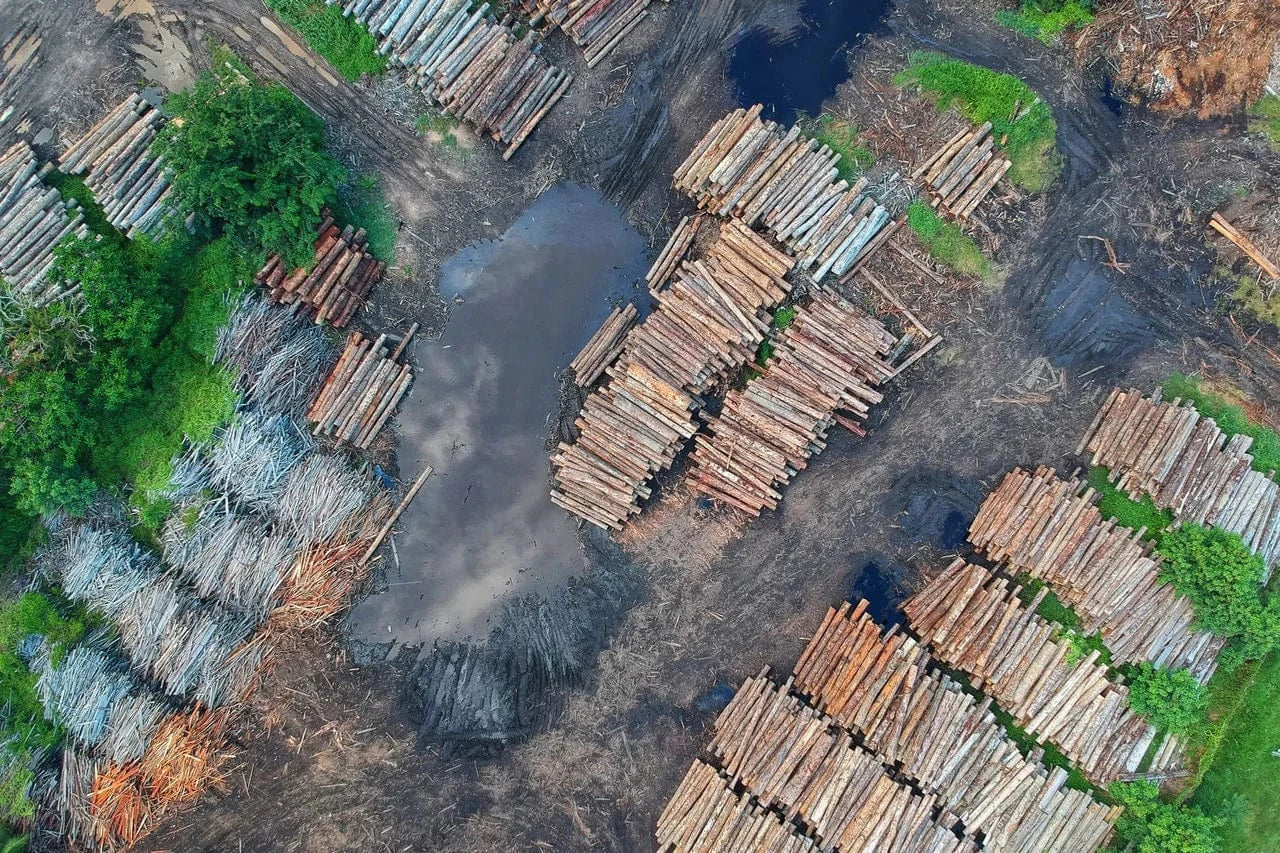
9. Between 1990-2020, the world lost more than 420 million hectares of forest
Deforestation, or the act of cutting down a forest to make room for other land uses, is a big challenge. So many forests are being cut down that it's making the planet sick and posing a danger to life on Earth. Fewer trees also means less rainfall and more drought — and many animals and plants face extinction as their forest homes are destroyed.
Reforestation is a great way to protect Earth's forests and foster the future we want the next generations to inherit. Planting trees and restoring forest ecosystems is a powerful Nature-based Solution that has many benefits for all of us who call Earth home. Feeling inspired? Plant trees today!
Get news, updates, & event Info delivered right to your inbox:
Related Posts
Sustainable Diet Tips: How to Eat Healthy While Protecting the Planet
13/01/2026 by Meaghan Weeden
Agroforestry Explained: Principles, Benefits, and Case Studies
08/01/2026 by Meaghan Weeden
Plant Your Resolution: Making a Global Impact With The Grove
01/01/2026 by One Tree Planted
Popular On One Tree Planted
How to Reduce Waste: 21 Practical Zero Waste Tips for Everyday Living
23/12/2025 by Meaghan Weeden
Inspirational Quotes About Trees
16/12/2025 by Meaghan Weeden
The 9 Oldest, Tallest, and Biggest Trees in the World
11/12/2025 by One Tree Planted
Fundraising Disclosures

Be Part of the Restoration Movement
The Grove is more than just a monthly giving program: it's a vibrant community of individuals who are dedicated to reforestation and environmental restoration on a global scale.





